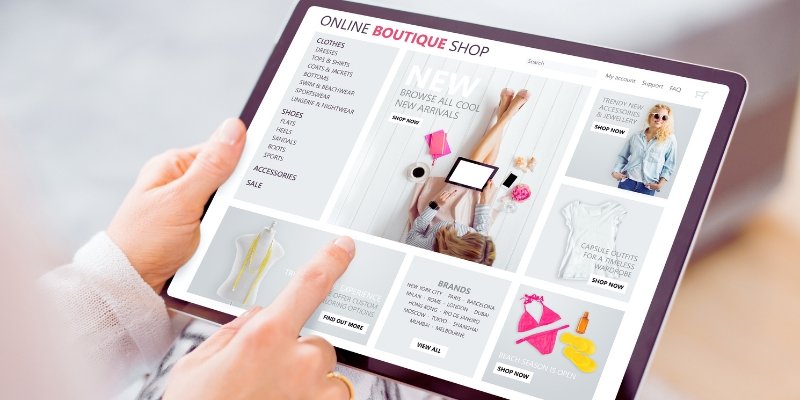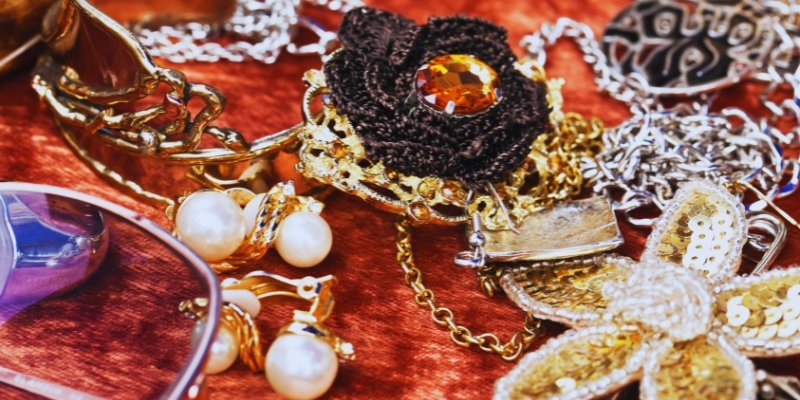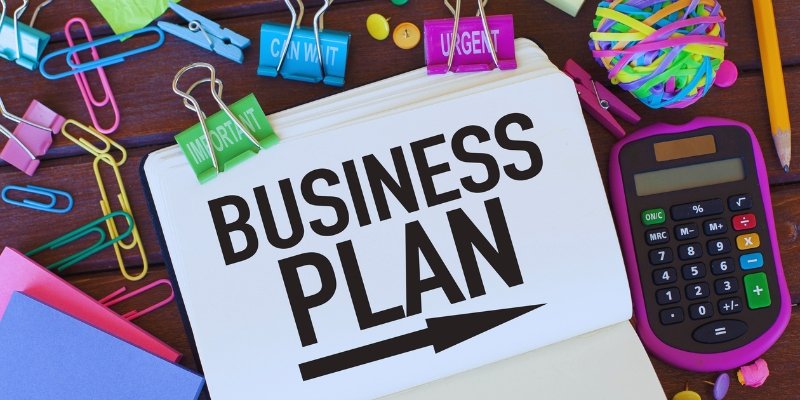Establishing a Second-Hand Luxury Goods Platform Business in Singapore: A Guide for Aspiring Entrepreneurs

The luxury goods market has witnessed a significant transformation in recent years, with a growing trend towards sustainability and conscious consumerism. As more individuals seek to buy and sell pre-owned luxury items, establishing a second-hand luxury goods platform business in Singapore presents a unique opportunity for aspiring entrepreneurs. Singapore, known for its affluent population and vibrant retail scene, is an ideal location for such a venture. This guide will outline the essential steps to launch your second-hand luxury goods platform business, highlighting key considerations, challenges, and financial planning aspects.
Reasons to Start a Second-Hand Luxury Goods Platform Business

There are several compelling reasons to consider starting a second-hand luxury goods platform business in Singapore. Firstly, the demand for pre-owned luxury items is on the rise. Consumers are increasingly interested in sustainable shopping practices, and purchasing second-hand goods is seen as a more environmentally friendly option. This trend is particularly prevalent among younger consumers who prioritize sustainability and value.
Secondly, Singapore’s affluent population is willing to invest in luxury items, making it a lucrative market for second-hand sales. Many individuals are looking for ways to buy high-quality products at a fraction of the original price. By offering a curated selection of pre-owned luxury goods, your platform can cater to this discerning clientele.
Additionally, the rise of e-commerce has made it easier than ever to connect buyers and sellers. A well-designed online platform can facilitate seamless transactions, allowing you to tap into a global market while serving local customers.
Detailed Steps to Establish a Second-Hand Luxury Goods Platform Business

Conduct Market Research: Begin by analyzing the local market for second-hand luxury goods. Identify your target audience, including demographics, preferences, and purchasing behaviors. Understanding market trends and competitors will help you position your platform effectively.
Develop a Business Plan: Create a comprehensive business plan that outlines your vision, mission, and objectives. Include details about your target market, service offerings, marketing strategies, and operational plans. A solid business plan is essential for guiding your operations and attracting potential investors.
Choose Your Niche: Decide on the specific categories of luxury goods you want to focus on, such as fashion, accessories, or watches. Specializing in certain niches can help differentiate your platform and attract a dedicated customer base.
Register Your Business: Register your second-hand luxury goods platform business with the Accounting and Corporate Regulatory Authority (ACRA) in Singapore. Choose a suitable business structure, such as a private limited company, which provides limited liability and is appealing to investors.
Build Your Online Platform: Develop a user-friendly website or mobile application where users can browse, buy, and sell luxury items. Ensure that your platform is visually appealing and easy to navigate, with features such as secure payment options, product listings, and customer reviews.
Establish Authenticity Verification Processes: One of the critical aspects of a second-hand luxury goods platform is ensuring the authenticity of the items listed. Develop a robust verification process to assess the quality and authenticity of the products. This can include partnerships with experts, detailed product descriptions, and high-quality images.
Create a Marketing Strategy: Develop a marketing strategy to promote your platform. Utilize social media, influencer collaborations, and targeted online advertising to reach potential buyers and sellers. Building a strong online presence is crucial for attracting users to your platform.
Implement Customer Support Services: Provide excellent customer support to address inquiries and resolve issues. A responsive support system will enhance user satisfaction and encourage repeat business.
Challenges and Considerations for Both Local and Foreign Entrepreneurs

Starting a second-hand luxury goods platform business comes with its own set of challenges. Local entrepreneurs may face competition from established platforms and brick-and-mortar stores. To stand out, focus on building a strong brand identity and offering exceptional customer service.
Foreign entrepreneurs may encounter additional hurdles, such as understanding local regulations and cultural nuances. It is essential to familiarize yourself with Singapore’s e-commerce laws, consumer protection regulations, and tax obligations.
Moreover, establishing trust with customers is vital in the luxury goods market. Building a reputable brand and ensuring the authenticity of products will be key to gaining customer confidence.
Financial Planning Aspects

Effective financial planning is crucial for the success of your second-hand luxury goods platform business. Here are key considerations:
Startup Costs: Assess your initial costs, including registration fees, website development, marketing expenses, and inventory acquisition. Creating a detailed budget will help you manage your finances effectively.
Operational Expenses: Plan for ongoing costs such as platform maintenance, marketing efforts, payment processing fees, and customer support. Understanding these recurring expenses will help you maintain a healthy cash flow.
Revenue Streams: Identify multiple revenue streams to enhance profitability. Consider charging commission fees on sales, offering premium listings for sellers, or implementing subscription models for exclusive access to products.
Funding Options: Explore various funding options, including government grants, venture capital, or crowdfunding. Presenting a solid business plan and demonstrating the potential of your platform can attract financial support.
Financial Projections: Create financial projections for at least the first three years of operation. This will help you set realistic goals and assess the viability of your business model.
Conclusion
Establishing a second-hand luxury goods platform business in Singapore is a promising venture for aspiring entrepreneurs. With the increasing demand for sustainable shopping solutions and a supportive environment for e-commerce, this industry holds significant potential for success.
If you are ready to take the next step in launching your second-hand luxury goods platform, consider partnering with experts who can guide you through the process. At Company Formation Specialist, we specialize in helping entrepreneurs navigate the complexities of starting a business in Singapore. Contact us today to learn how we can assist you in establishing your second-hand luxury goods platform business and turning your vision into a thriving enterprise.
Frequently Asked Questions
1. What is a second-hand luxury goods platform?
Answer: A second-hand luxury goods platform allows consumers to buy and sell pre-owned luxury items, such as fashion, accessories, and watches, via an online marketplace.
2. Why should I start a second-hand luxury goods platform in Singapore?
Answer: Singapore’s affluent population, along with a growing interest in sustainability and e-commerce, makes it an ideal location to launch a second-hand luxury goods platform.
3. What steps do I need to take to start this business in Singapore?
Answer: Key steps include conducting market research, developing a business plan, registering your business, building your online platform, and ensuring product authenticity.
4. What are the legal requirements for setting up a second-hand luxury goods business in Singapore?
Answer: You need to register your business with the Accounting and Corporate Regulatory Authority (ACRA) and comply with e-commerce laws, consumer protection regulations, and tax obligations.
5. How do I verify the authenticity of luxury items sold on my platform?
Answer: Implement a verification process that includes expert evaluations, detailed product descriptions, and high-quality images to ensure the authenticity of items sold.
6. What challenges might I face as a foreign entrepreneur in Singapore?
Answer: Foreign entrepreneurs may face challenges related to understanding local regulations, cultural differences, and consumer trust. It’s crucial to familiarize yourself with local laws and market dynamics.
7. What is the target market for second-hand luxury goods in Singapore?
Answer: The target market includes affluent individuals seeking high-quality luxury goods at a more affordable price, with a growing segment of younger consumers focused on sustainability.
8. How do I create a marketing strategy for my second-hand luxury goods platform?
Answer: Use social media, influencer collaborations, and targeted online advertising to promote your platform, along with offering excellent customer support to build trust.
9. What are the startup costs involved in setting up this business?
Answer: Startup costs may include business registration fees, website development, marketing expenses, and initial inventory procurement.
10. How can I fund my second-hand luxury goods platform business?
Answer: Explore funding options like government grants, venture capital, crowdfunding, or securing investments from potential backers to support your business’s growth.

